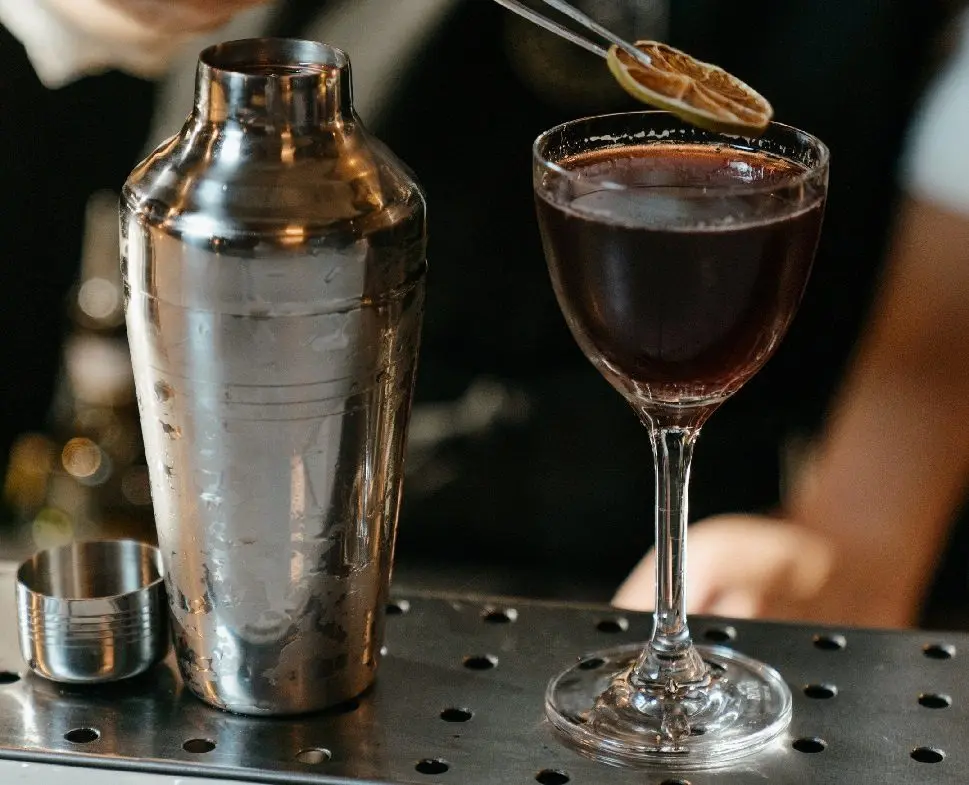Porto Ronco is a strong (28-30% vol.) alcoholic cocktail with a soft, slightly sweet wine taste and rum notes in the aftertaste. The cocktail is more considered a masculine drink of creative bohemia, but many women also like it. Easy to prepare at home and allows you to experiment with the composition.
Historical information
Erich Maria Remarque (1898-1970), a German writer of the XNUMXth century, a representative of the “lost generation” and a popularizer of alcohol, is considered the author of the cocktail. The cocktail is mentioned in his novel “Three Comrades”, where it is indicated that port wine mixed with Jamaican rum blushes anemic cheeks, warms, invigorates, and also inspires hope and kindness.

The cocktail is named “Porto Ronco” in honor of the Swiss village of Porto Ronco of the same name on the border with Italy, where Remarque had his own mansion. Here the writer spent several years, and then returned in his declining years and lived in Porto Ronco for the last 12 years, where he was buried.

Cocktail recipe Porto Ronco
Composition and proportions:
- rum – 50 ml;
- port wine – 50 ml;
- Angostura or orange bitter – 2-3 ml (optional);
- ice (optional)
The main problem of the Porto Ronco cocktail is that Remarque did not leave the exact composition and brand names. We only know that the rum must be Jamaican, but it is not clear which one: white, gold or dark. The type of port wine is also in question: red or yellow, sweet or semi-sweet, aged or not.
Based on historical evidence, it is generally accepted that golden rum and red sweet port of light or medium aging should be used. If the cocktail is too sweet, then you can add a few drops of Angostura or orange bitter. Some bartenders reduce the amount of rum to 30-40 ml to reduce the strength.
Technology of preparation
1. Fill the glass with ice, or cool the port and rum well before mixing.
2. Pour rum and port into a glass. If desired, add a few drops of Angostura or other bitters.
3. Mix the finished cocktail, then decorate with an orange slice or orange zest. Serve without a straw.










